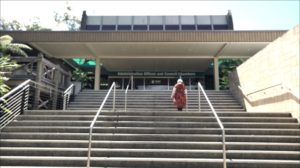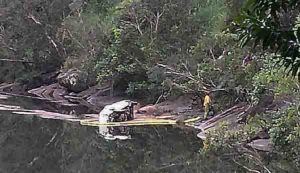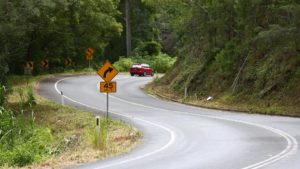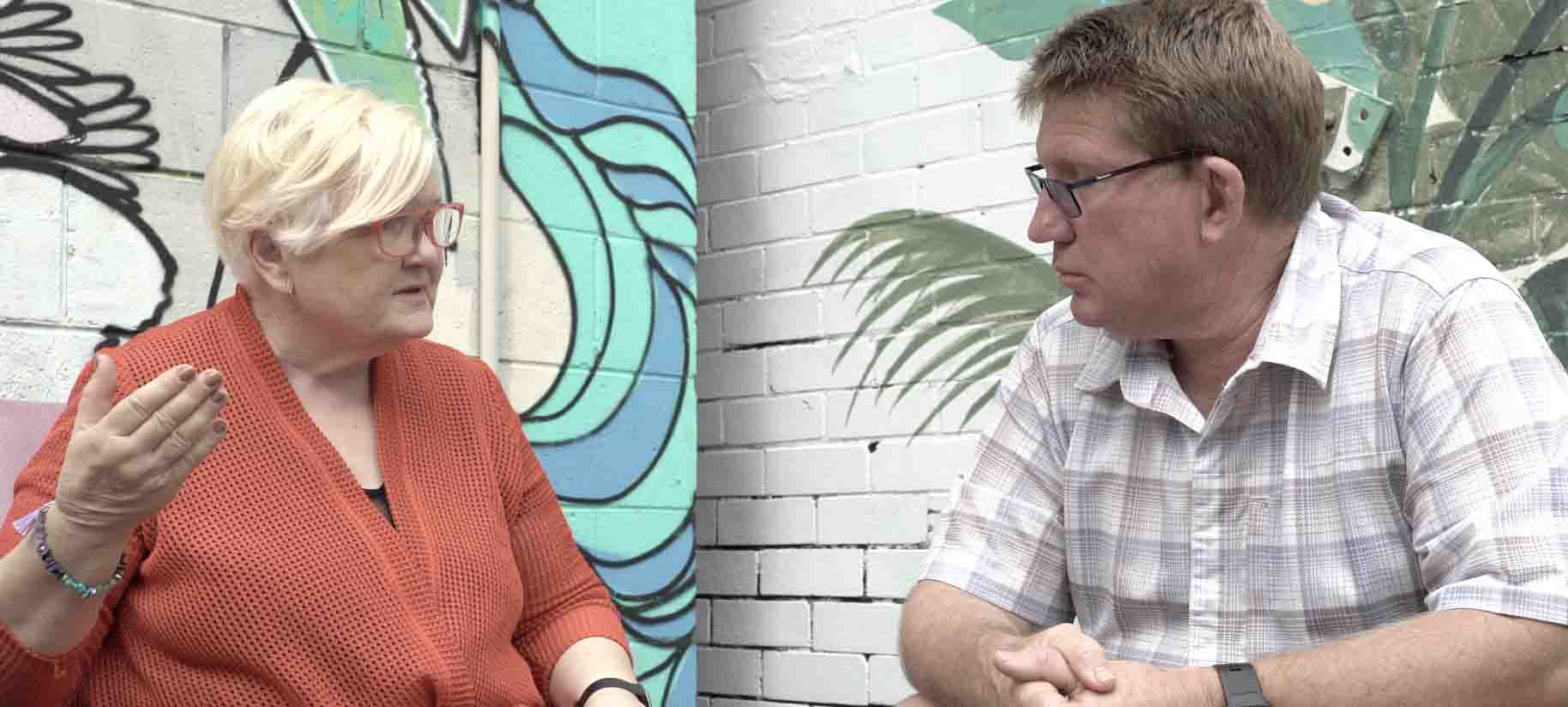A polite response …
My first letter to Tweed Shire Council receives a polite and compassionate response from the General Manager, Troy Green. I have it on good authority from a local politician that he is a good person, and I am relieved that my intelligence appears to be correct. However, when I ask to make a Victim Impact Statement to their road traffic staff, and a junior manager (an engineer) takes over communication, relationships between me, my co-activists, and the municipality rapidly deteriorate. (That’s putting it mildly.)
What had begun as an “information session” to raise staff awareness of road safety issues flourishes into full-blown activism on my part after I receive his email:
… whilst the proposed victim impact statements are very important, I am concerned this part of the meeting might cause distress to yourself and Council staff. As you would appreciate, Council has an obligation to ensure the workplace health and safety of its officers…. Council’s preference is that you provide written statements beforehand and these can be considered outside of the meeting.
And then things gEt nasty
The engineer’s subsequent emails demand that I restrict my remarks in the meeting to “the circumstances of the crash” and not to any “impacts” I have experienced.
“What’s a Victim Impact Statement without impacts?” I cry.
Then the Council lawyers-up and Michael, a senior partner of a large Sydney law firm, appears at our meeting.
Nevertheless, I deliver my Victim Impact Statement (minus the impacts), while Lori (who had promised nothing to anyone) explains the impacts in detail.

Presenting my Victim Impact Statement
Kev, Lori and I climb the steep stairs of the Council building with some optimism. We stagger back down an hour later with leaden hearts.
Our meeting at Tweed Shire Council, while empowering for me, is profoundly disappointing from an activist standpoint. We encounter resistance, denial, falsehood, evasiveness, and outright hostility, as well as professional incompetence. My conversations with senior planning colleagues in other government bodies later confirm our perceptions that in this small, backwater municipality, professional traffic management and road safety design skills are a long way from best practice.
These folks are woefully out-of-date. And the whole experience reminds me of my long-time concern (as a planner) about the banishment of emotions from municipal government deliberations. (Years later I was to learn what they were hiding: a massive local road safety campaign by the mother of three victims of the January 2015 crash that killed two other people. No wonder they lawyered-up so quickly! There was a lot to hide, and it took us years to uncover it.)
Emotional outlaws

As we debrief the meeting in a shopping center food court, Kev, Lori and I remind ourselves why we’re doing what we’re doing: exposing ourselves to disdain and ridicule. Our mourning for Karl is justified, and our expressions of it are completely are legitimate. While we are expressing emotional solidarity for each other, the numb, emotion-phobic (and death-phobic) treatment we receive from the Council’s management and staff (and their lawyer) makes us feel like emotional outlaws. Further, the Council officers seem determined to ignore the fact that two people died in a crash in the same spot only a year before (and two others had died earlier, we later discover).
More deaths and near-misses on the Kyogle Road
Amazingly, on 18 September 2016, just six days after our meeting at Tweed Shire, another car plummets into the river, landing upside-down. That driver survives because that part of the river was shallow at that time.

Another fatality
Then, a week later, on 7 October 2016, a crash between a car and a motorcycle on Kyogle Road near that same spot claims the life of the motorcyclist: a 43-year-old man. The news report read like this:
Just after 5pm on Friday, October 7, emergency services were called to Kyogle Road, Uki (about 14km south-west of Murwillumbah), following reports a motorcycle and Mitsubishi Triton 4WD had collided.
That makes a total of four fatalities on the same corner in 20 months.

Later, an expert review of official road crash statistics for Kyogle Road (conducted for us by specialists in Sydney) reveals a total of six deaths at or near that spot (within a space of 1.2 kilometres) in a six year-period.
No Council staff visited our crash site
We are beyond appalled that no Council staff member visits our crash site (located only 12 kilometers from their office).

And when the Council convenes their Traffic Committee in February 2016, to discuss our crash (a week after it occurred), no police officers attend (although several attended the crash site and three interviewed me). The Council’s Traffic Committee meeting is never reconvened, despite my persistent lobbying. We know that the local police hold strong opinions about that stretch of the Kyogle Road because police officers tell me on three separate occasions about their years of lobbying for a guardrail on that stretch of narrow, winding, two-lane road.
Driver error and speed
In our meeting with them, despite having no photographs of the crash site, the Tweed Shire Council staff steadfastly refuse to countenance any explanation for our crash other than “driver error and speed”. They are willing to defend their shabby, dangerous rural road to the death (someone else’s death and another potential tragedy).
We are deeply shocked.

What next?
Then, to add insult to injury, a junior staff member suggests in our meeting that Lori might care to intervene using her contacts in government to influence the outcome of their federal Black Spot road funding application. Our collective shock deepens. That sounds like corrupt behavior to us.
What will these people do or say next? (Or rather, not do or say next?)
